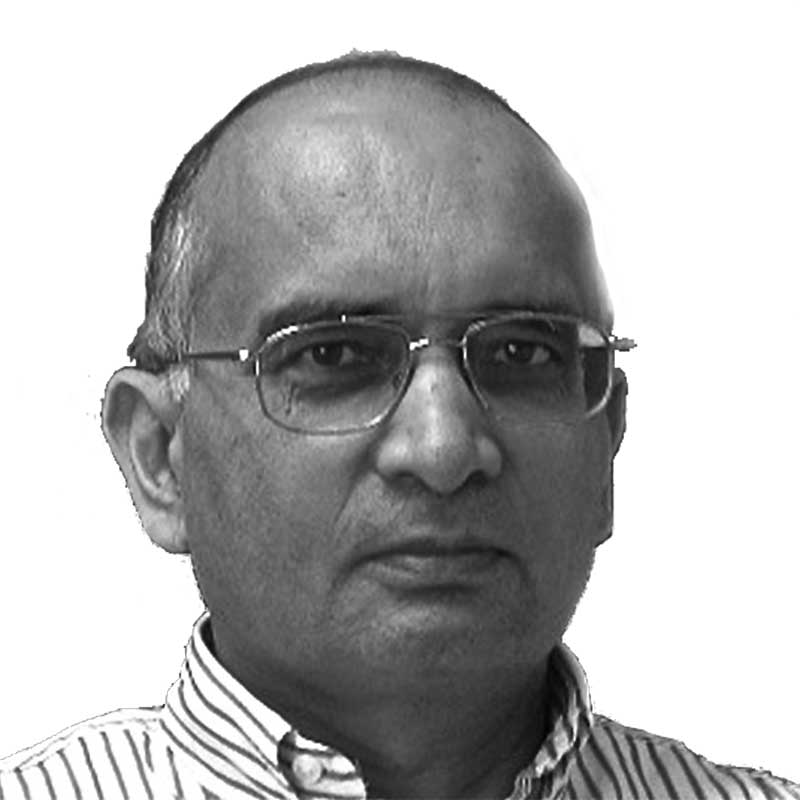
Meta
Ramesh Thakur
Ramesh Thakur is Professor in the Crawford School of Public Policy, Australian National University; adjunct professor, Institute for Ethics, Governance and Law, Griffith University, and editor-in-chief of Global Governance from Jan. 1, 2013. He began writing for The Japan Times in 1998 as Vice Rector of the United Nations University.
Sep 11, 2005
Aug 22, 2005
Jul 30, 2005
Jul 4, 2005
May 10, 2005
Apr 29, 2005
Apr 10, 2005
Mar 22, 2005
Mar 13, 2005
Feb 12, 2005
Jan 30, 2005
Dec 4, 2004
Nov 3, 2004
Oct 17, 2004
Oct 10, 2004
Aug 29, 2004
Aug 16, 2004
Jul 19, 2004













